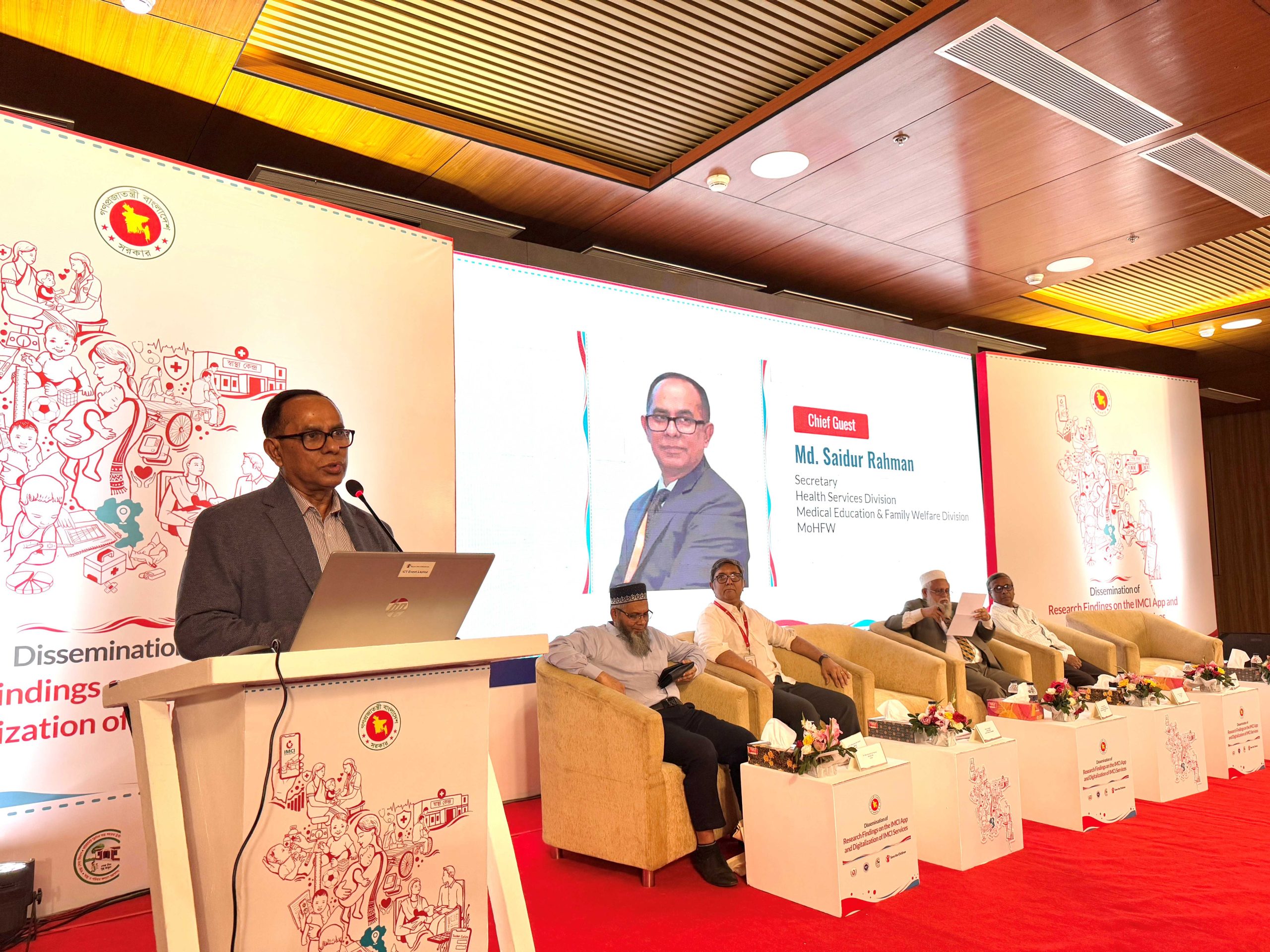The Future Forecast- How Financial Institutions can Sustain Their Reputation
By Maruf Billah Tanmoy
Nine banks (Krishi, Sonali, BASIC, ICB Islamic, RAKUB, Rupali, Farmers, BCBL and Janata) have all experienced notable capital shortfalls. What factors do you believe have led to this? Could you cite one or two of the banks, detail their failings, and how those can be solved?
These banks are our state-owned commercial banks, nationalized banks. Their failure is fundamentally due to the fact that they are controlled by the ministry of finance. Bangladesh Bank Regulatory norms and other things are applicable for all banks but since these bank Managing Directors, Board of Directors, and Chairmen are all appointed by the government; so they usually do not adhere to the norms, rules, and regulations which are prescribed by the Bangladesh Bank. Apparently, what happens is that the decision of the Government to appoint someone depends on political or administrative considerations; it is not always the efficiency or capability of the person. Therefore, the basic problem starts from lack of proper and impartial policy decisions from the board of directors who are responsible for guiding a bank. This weakness trickles down to top management positions and supervisory positions. Subsequently, there is an inadequate number of proficient personnel at all three levels.
The government can make an appointment for others only if they adhere to the norms, rules, and regulations; usually, they flout those rules. If the banks observe the guidelines of Bangladesh Bank and the international norms and adhere to it, I think there wouldn’t be any problem. Additionally, the most important determining factor is that once the person responsible for the corruption or the irregularities is detected, no visible quick actions are taken. So most of those things are really swept under the rug in the name of inquiry. This is how the problem perpetuates and leads to the erosion of capital and reduces the efficiency of the bank.
What part do the following play in mitigating a bank’s reputational risk: captivating customer services, substantial word of mouth, goodwill, avoiding wave theory, and products & services or stringent regulations and monitoring by the central bank?
The first concern in mitigating the reputation risk is that the bank has to extensively improve their services. The second is, in order to give the services, the bank must follow the rules and regulations. They should not be influenced by any political interference or any bureaucratic pressure. Usually, these banks are in a better position than the private banks because they are set up by the government and do not have to worry about clients turning their back on them. This strength can be exploited by the banks but they usually do not have the orientation and efficiency to do so. As a result, their service quality and adherence to the rules are not up to the mark. One such bank has given more than Tk. 3,000 crores to an individual client, which completely contradicts the regulations. Hence, I believe that respecting the rules and regulations is essential for efficient banking.
Could you detail your perspective of the banking crisis and what action needs to be done in order to maintain their reputation?
In order to salvage their reputation, the first focus on improving their efficiency, reduce the corruptions and make decisions on a very professional basis- free from any political interference. The banking business is highly technical undertaking and must be done on an intensively professional basis- not on somebody’s direction. It is high time for the banks to come forward with an effective plan. Whatever they do, they need a strict financial institution, whether it is owned by the government or a private venture where people will deposit their money there for safety and that money can be used to fund different business projects. In order to improve the whole situation, they have to keep in mind these two sights.
Merging is a potential solution but the underlying problem is aroused by having too many banks and financial institutions. In fact, the size of our economy doesn’t justify the number of banks and financial institutions our country has right now.
Specialists have forecasted that failing banks should merge with more successful ones in what is known as an ‘exit policy’ in the developed world. What is your take on this proposed solution?
Merging is a potential solution but the underlying problem is aroused by having too many banks and financial institutions. In fact, the size of our economy doesn’t justify the number of banks and financial institutions our country has right now. Anyways, these banks could have performed well if they had good practices, competitive behavior and were free from any sort of corruption. These issues put some of the banks in profound danger, especially the nationalized commercial banks. Although there is a saying: “Too big to fail”, there can be exceptions when sometimes the businesses or firms are too big, and so their failures are measured on that scale too. This is why these big banks are in such a big crisis. We do not need so many banks in the public sectors. Only a few are sufficient, especially Sonali bank which provides some specific services to the Government. Sonali bank is used for the treasury, and it also gives different types of fees, salaries for different government officials. Some of the government projects funds are being channeled by these big banks. One or two big successful nationalized banks should be kept and the rest should be privatized.
However, that attempt was taken in the case of Rupali bank and it was a failure. I think the intention of the government personnel and the actions of the people who were responsible in the process were not congenial. Prior to the privatization of banks, you have to improve the health of these banks. It starts with their capital structure following which some of these can be merged with other small banks or with some financial institutions. I think some serious efforts should be put in by the government in order to first examine the rules and processes of mergers and acquisitions of the banks of Bangladesh. Until that time some banks (under consideration of privatization) should be told to adopt narrow banking practices and refrain from lending aggressively and steer away from diverse banking. Only limited activities should be carried out, which can be easily controlled by them.
The implementation of the Bank Recovery and Resolution Directive (BRRD) and the Single Resolution Mechanism Regulation (SRMR) were created to provide guidance on how to deal with failing banks. How can these methodologies be implemented in the context of our country?
The standard practice for these banks is to seek legal intervention; they can sue but it is a very lengthy process. The defaulters are very smart: they fight cases with a diligent lawyer. These cases can be stalled for years. The banks do not pursue the cases seriously but they should not exclude that possibility. If possible with the court order they can confiscate the properties put up as collateral by the defaulter. Another step is alternative dispute resolution (ADR); I believe this is a feasible way. The bankers can talk to the clients as some of the clients have very genuine problems. They don’t default by their own volition or by their own accord. However, some are very habitual defaulters- they want to borrow money without having to pay it back. You can clearly recognize the genuine businessmen with some kind of temporary problem, so that kind of resolution (ADR) can be implemented for them.
In fact, particular businesses can be salvaged by dispute resolution because if the cases are taken to the court, entire business will be at stake. The genuine businessmen want to negotiate. The problem in Bangladesh is now that the banks are a bit rigid when it comes to negotiations. I have seen many people who really tried to negotiate. Somebody obtained a few crores of the loan and it becomes the triple or four times that amount in a matter of time. In a compound interest rate, it really piles up. I think the Central Bank should also come in and be more proactive in these kinds of resolutions. Consequently, there will be a win-win situation for both the bank and the genuine borrowers.
Bangladesh Association of Banks (BAB) decided to cut the interest rate on lending to 9% and that on deposit to 6% from the existing levels. This decision cannot be implemented due to proper legal obligations. What is your take on this action?
Firstly, the way they have announced it was not appropriate. Their intentions might have been noble but by doing that BAB has not done a very proper thing because BAB is not the regulatory body or the legal authority. Besides that, nobody can dictate specific rates, not even the Bangladesh Bank. Only the government can suggest the Bangladesh Bank provide directions for some kind of specific project, purpose or for a specific group. For example, if it is for a special agricultural project or export facilities, they can give specific direction. It should not be in such a way that the lending rate should be 9% or something else.
Moreover, putting any kind of ceiling on the deposit rate is completely unacceptable. The value of people’s real money will be eroding, Tk.100 will be less than Tk.100 as time passes, which is not acceptable. What they could have done, is figure out how to reduce the spread between the lending and deposit rate without saying anything about it. I don’t think that 9% or 6% can be implemented and in fact, there will be many charges above 9% such as processing charge, service charge, documentation charge and all that will go beyond that. But they could’ve reduced this spread, instead of 5% to maybe 3%.
So they could’ve gone into another way to improve their performance, reduce the NPL, reduce the operation cost and the profit target. If they do it then definitely the spread will reduce to 3%. But what they are doing, the banks’ directors especially, is that they give a big target of profit. But the profit is not for the depositors. It is the profit of the directors and shareholders. I don’t think that’s a good idea. They should really reduce the NPL, which will lead to a reduction in provision costs, the capital adequacy of banks will be satisfactory. Operational costs of banks in Bangladesh is quite high compared to many other countries, which should be reduced. The expenses on salaries, allowances, bonus, building construction, publicity etc. can be brought down to a reasonable level.
Multiple incidents in recent times have indicated that the security measures by the Central Bank are vulnerable. How dangerous is it? How is it causing obstacles in the whole banking sector?
Why do people go to the bank? Firstly, the bank is our major institution for providing financial services. We don’t want to handle or carry the cash. In the modern economy, people would like the bank or the banking system to keep their money safe in the deposit. Banks should give these service to the clients, and assure them that their money is safe. On the other hand, a bank is just not the deposit taker, they should also help with the economic activities of the people. Loans should be readily available for the genuine investors. So in order to do that they should also be very careful about protecting their money and public image. They should have certain practices of safeguarding the money, transactions and also the credit cards. There are international practices which are evolving.
Security measures should be strict and very updated. A trained pool of employees who are vigilant of bank activities is imperative. Bangladesh Bank already has received a manual on IT security, so that has to be complied with by all banks and financial institutions. Only the guidelines are not enough. Unfortunately, we have seen that the Bangladesh Bank itself was also been subject to some kind of security breaches. Bankers spend an inadequate amount of efforts and money on IT security and keeping things under safety. They usually spend a lot of money on salary, publicity, brochures, etc. The time that we should pay heed to security is now. In most of the cases, you can see that there are very lax regulations and monitoring. Constant monitoring and systematic supervision have to be carried out. Lastly. I emphasize that Bangladesh Bank should be more proactive and use its authority to ensure good governance in all banks and financial institutions.















